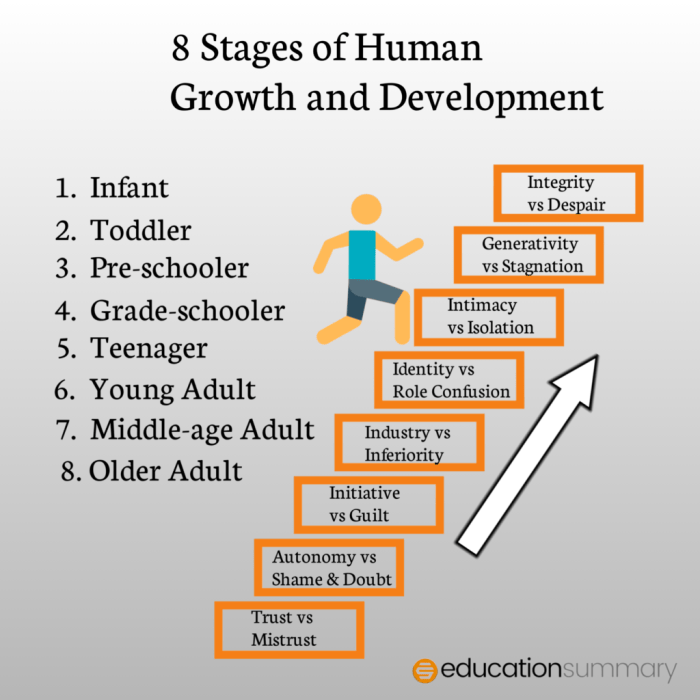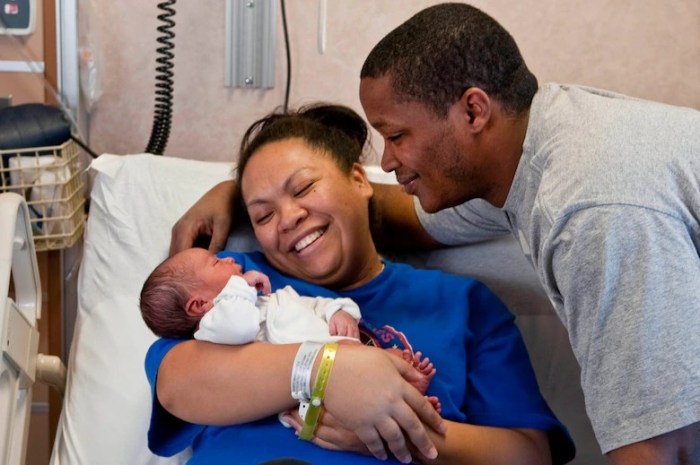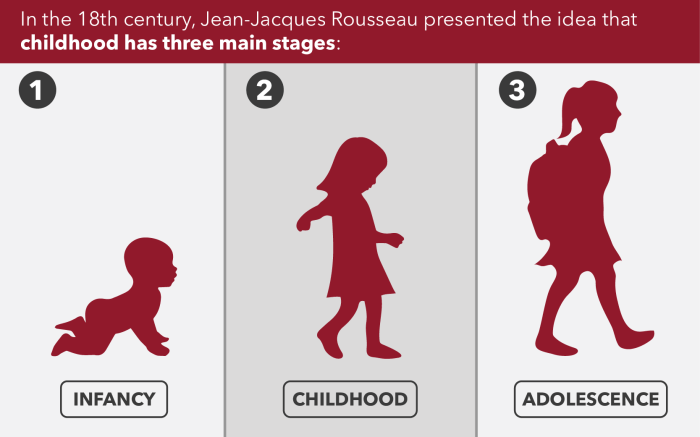Understanding the Whole Child: Prenatal Development through Adolescence embarks on a comprehensive exploration of the human developmental journey, unraveling the intricate tapestry of physical, cognitive, and socio-emotional transformations that shape individuals from conception to adulthood. This narrative delves into the profound influence of prenatal experiences, the critical milestones of infancy and early childhood, the transformative years of middle childhood, and the challenges and opportunities of adolescence, providing a holistic understanding of the complexities of human development.
From the moment of conception, the foundation for a child’s future is laid, with prenatal development playing a pivotal role in shaping their physical and cognitive abilities. Infancy marks a period of rapid growth and learning, as infants establish essential bonds and develop their physical, cognitive, and social-emotional skills.
Early childhood continues this trajectory, with toddlers and preschoolers experiencing significant cognitive, social, and emotional development, fueled by the power of play and exploration.
Understanding the Whole Child: Prenatal Development: Understanding The Whole Child: Prenatal Development Through Adolescence

Prenatal development encompasses the complex process of growth and maturation that occurs from conception to birth. It involves significant changes at the cellular, organ, and system levels, influenced by both genetic and environmental factors.
Stages of Prenatal Development
Prenatal development is typically divided into three stages:
- Germinal Stage (0-2 weeks):Zygote formation, cell division, and implantation.
- Embryonic Stage (2-8 weeks):Organogenesis, formation of major body structures and organs.
- Fetal Stage (8 weeks- birth): Rapid growth, organ maturation, and development of reflexes and behaviors.
Role of Genetics and Environment
Both genetics and the environment play crucial roles in prenatal development. Genes provide the blueprint for the individual’s physical and physiological characteristics, while environmental factors, such as maternal health, nutrition, and exposure to toxins, can impact fetal growth and development.
Prenatal Interventions for Healthy Development, Understanding the whole child: prenatal development through adolescence
Prenatal interventions can promote healthy development by mitigating risks and optimizing conditions for the fetus. These include:
- Adequate maternal nutrition:Ensures proper fetal growth and development.
- Prenatal care:Regular check-ups monitor fetal health and provide guidance to expectant mothers.
- Avoidance of harmful substances:Limiting exposure to alcohol, tobacco, and certain medications can prevent birth defects and other developmental issues.
Top FAQs
What are the key factors that influence prenatal development?
Prenatal development is influenced by a complex interplay of genetic and environmental factors. Genetic inheritance plays a significant role in determining physical traits, cognitive abilities, and susceptibility to certain health conditions. Environmental factors, such as maternal nutrition, exposure to toxins, and prenatal care, also exert a profound impact on fetal development.
How can parents support healthy development in infants?
Parents play a crucial role in fostering healthy development in infants by providing a nurturing and stimulating environment. This includes ensuring adequate nutrition, promoting secure attachment and bonding, and providing opportunities for physical, cognitive, and social-emotional growth through play and exploration.
What is the importance of play in early childhood development?
Play is an essential component of early childhood development, providing opportunities for children to explore their world, develop their imagination, and refine their physical, cognitive, and social skills. Through play, children learn to problem-solve, collaborate with others, and express themselves creatively.


